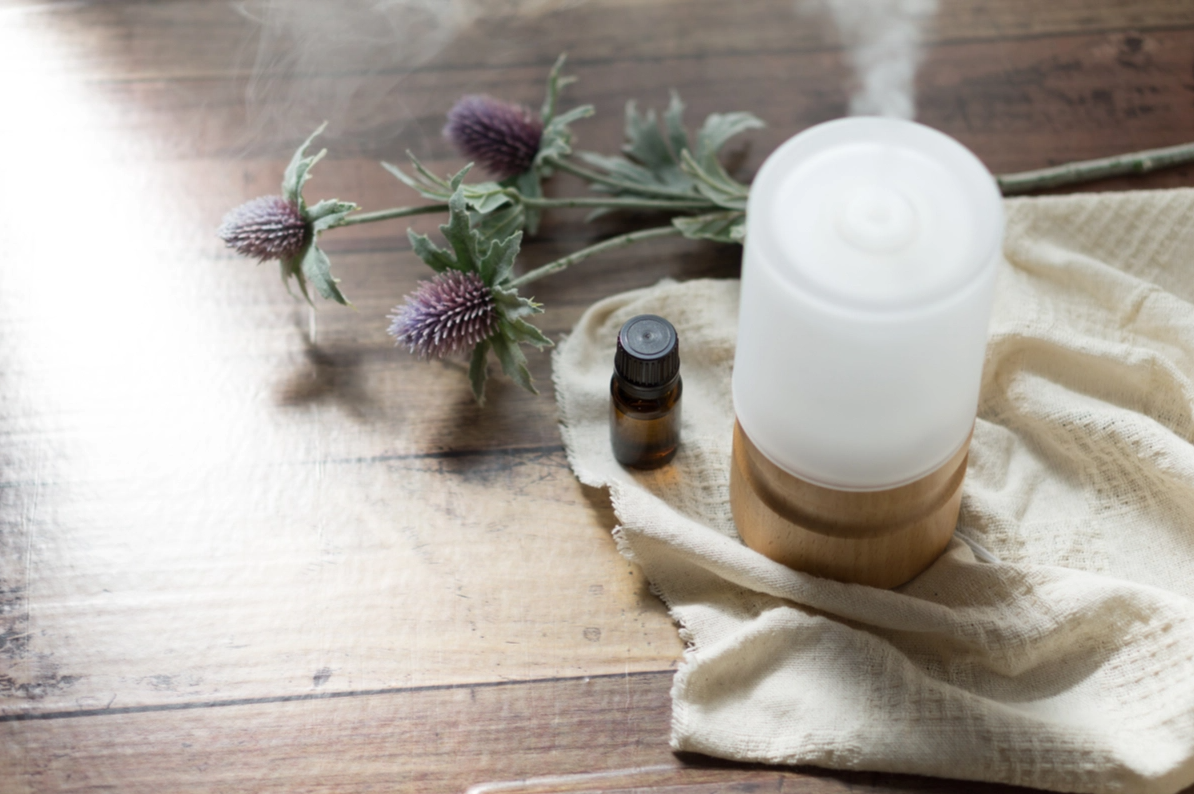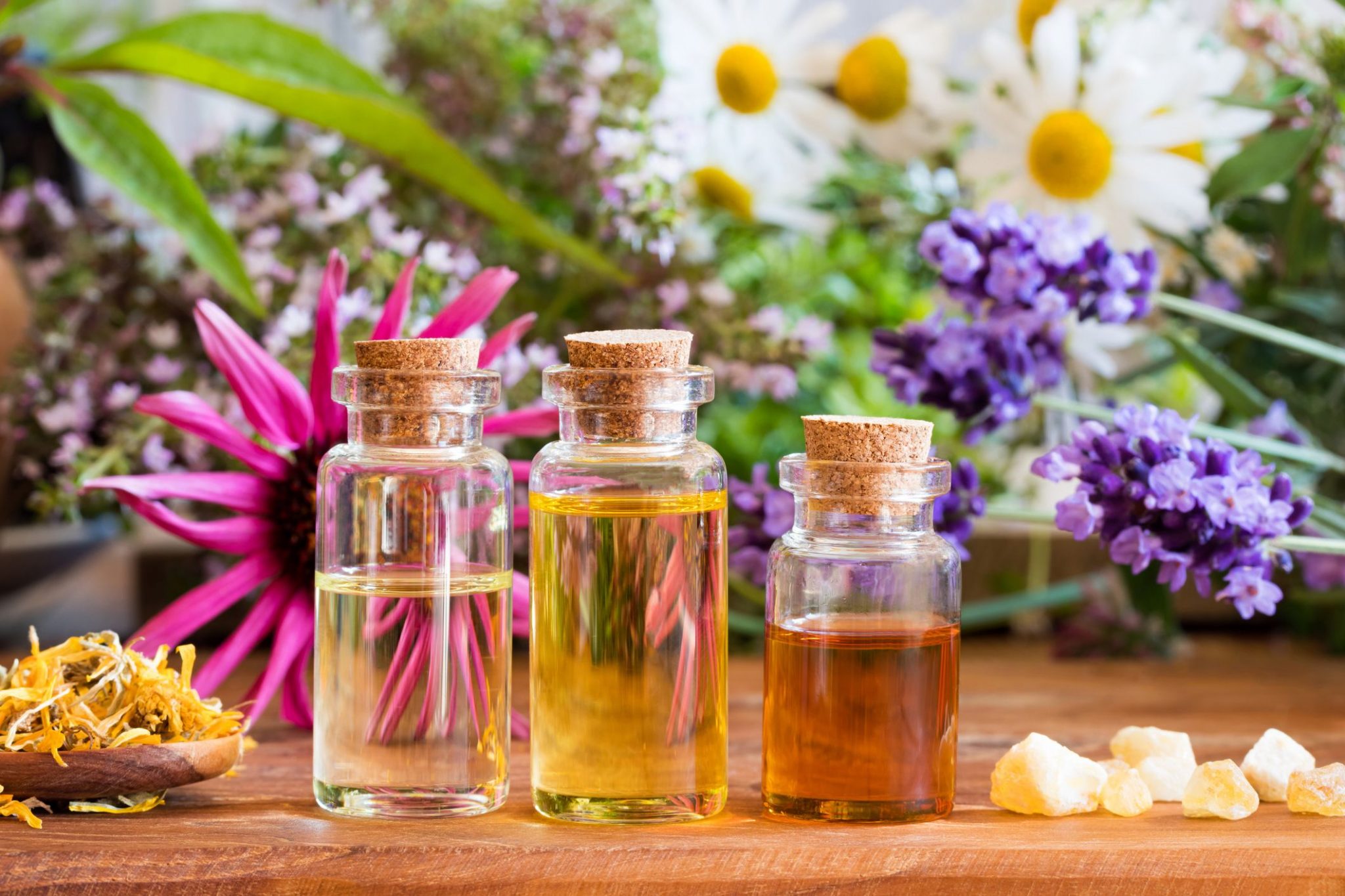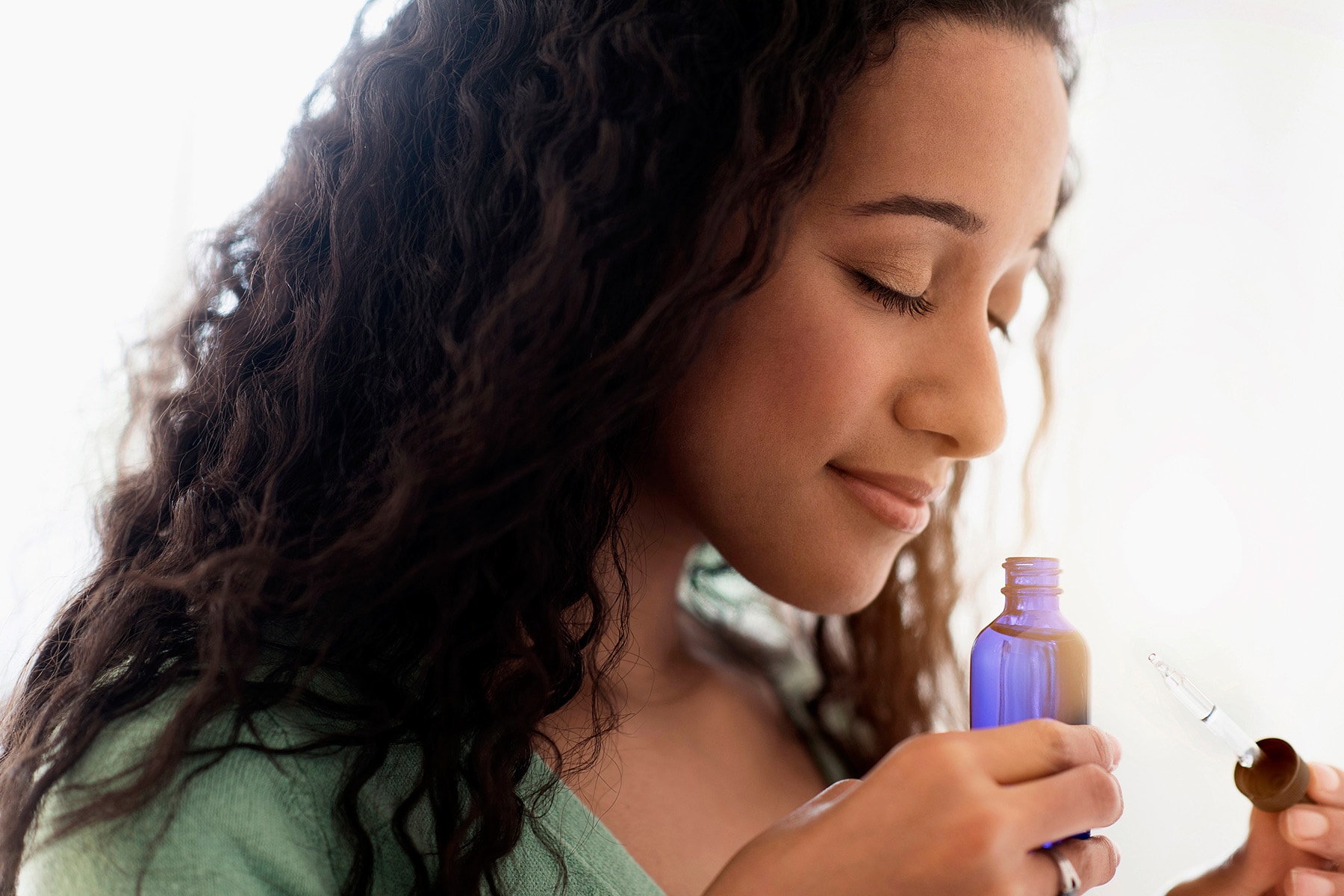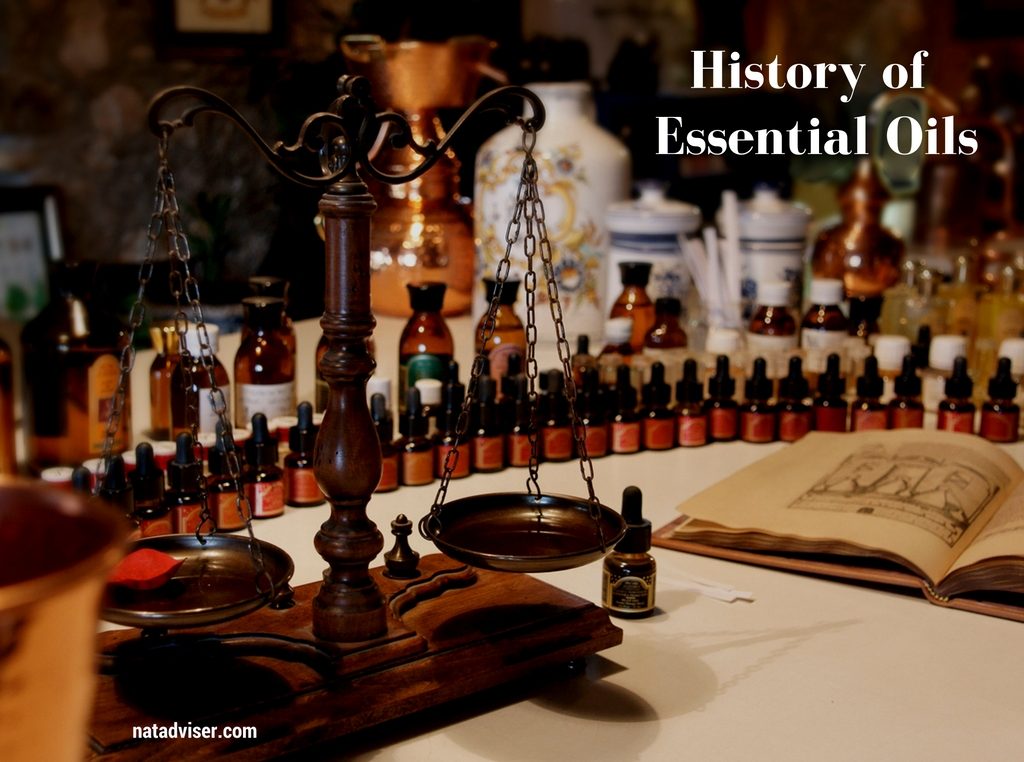
Overview
The history of essential oils for healing and improving health dates back thousands of years. The oils were used by the ancient civilizations of Egypt, Greece, India, China, and the Middle East. They were understood much better by our ancestors. The use of aromatic oils has a long and honored antiquity. They have a very long past as cleansing herbs. If you are new to these oils, a good place to start is with aromatherapy history.
Aromatherapy in Egypt

Holistic scent has been seen through time as a manifestation of divinity, a connection between humanity and the spiritual world. The origin of essential oils is usually attributed to Ancient Egypt and India. Usually, it dates back to the mysterious Kingdom of Sheba, situated in present Ethiopia, which was considered the cradle of humanity. This Kingdom controlled the production of myrrh and frankincense, as well as the trade in spices from India.
Egyptian medicine was inseparable from religion. Healing always took place in both body and mind. The use of natural oils and perfumes was originally a treat of the priests and Pharaohs. The clergymen developed a very cultured pharmacy, using large quantities of Egyptian essential oils. The oils were also used for the preparation along with the preservation of mummies. Aromatic medicine developed from the shade of smoky temples in Egypt.
Egypt is the native land of perfumery, medicine, and pharmacy. Essential oils and other precious substances came from all over the world to Egypt by caravan. These include cedar, roses, spikenard, myrrh, frankincense, and cinnamon. Egyptians practiced the art of aromatherapy massage, and they were well-known specialists in skin care. Basically, their products were legendary across the civilized world.
back to menu ↑Aromatherapy beyond Egypt
The Egyptians were in all probability the first to use aromatherapy as a practice. Around 3000 BCE, intellectuals in India came up with the science of Ayurveda. This art depends heavily on curative concoctions comprised of a wide variety of natural oils. Ancient Vedic collected works that list more than seven hundred curative substances, including cinnamon and ginger. Ayurvedic medicine used the essential oils in different forms of treatment. Sandalwood was used in religious ceremonials.
The fragrances were part of their spiritual lives. A great number of ancient texts advocate the use of sandalwood, rose, myrrh, ginger, and coriander. On the other hand, the Hebrews used aromatics for special purification rituals. There are specific oils that were reserved for sacred rites. In China, aromatics were embraced in a host of ailments. Chinese researchers first documented the use of aromatic oils between 2697 and 2597 BCE. This was throughout the reign of Huang Ti.
The Greeks viewed aromatic plants as gifts from the gods. According to them, the plants along with the oils had important spiritual value and application. They possibly gained their facts of aromatherapy from the Egyptians. Fathers of Medicine recommended daily soaking in a scented bath, and massage using natural oils to promote prolonged existence. The Romans used aromatic oils in their famous baths in Pompeii and Rome. The bath was a significant part of the Roman culture. They attained their knowledge from the Greeks.
The Europeans learned of essential oils from crusaders returning from their missions. Researchers believe that the crusaders’ knowledge was the beginning of the famed French perfumery industry. It is the Europeans who brought aromatics to America. When European settlers arrived in North America, they brought favorite European herbs with them. In the beginning, the precious plants were their only source of medication. The plants were also used to make food more palatable.
In the seventh century, the Arabs carried on the traditional art of perfumery. They played a significant part in delivering perfumes to other parts of the world. In the tenth century, an Arabian scientist (Avicenna) learned of the distillation process for obtaining essential oils from plants and flowers. Later in the thirteenth century, crusaders and the gallant knights carried aromatic gifts to Europe. Across Europe and Asia, thyme, rosemary, sage, pine, cedar, cypress, and clove essential oils were burned in sickrooms, hospitals, and streets to eradicate infectious diseases.
back to menu ↑Essential Oils in the Prehistoric World
back to menu ↑Myrrh Oil
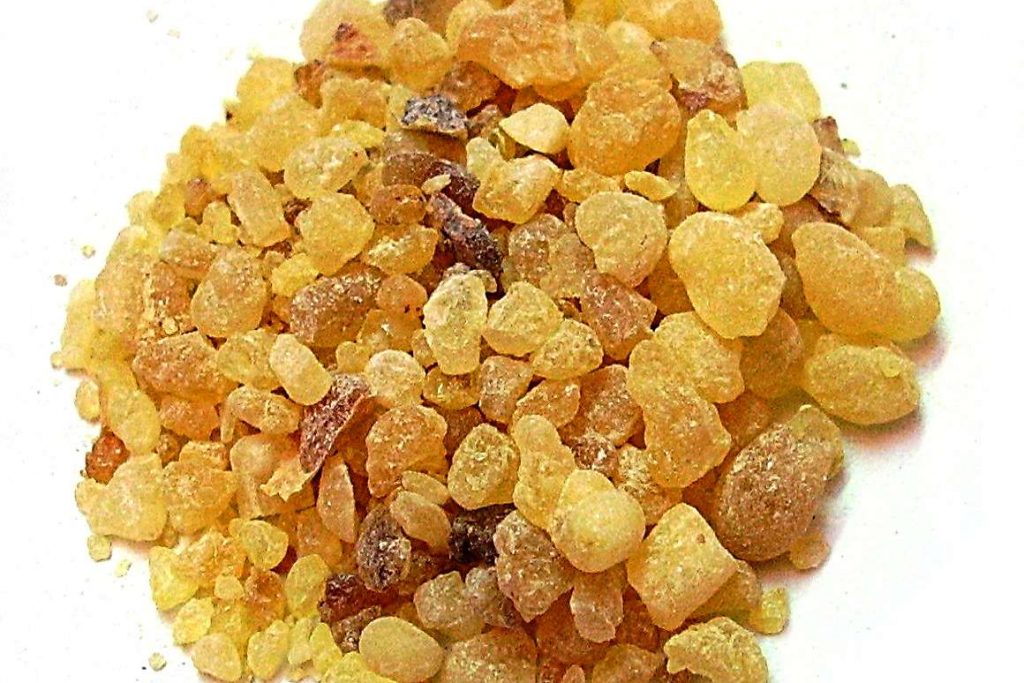
This is one of the most important ancient Egyptian oils. The resin from the branches of myrrh bush, which contains the essential oil of myrrh, was highly valued in the ancient world, both as a spice and a medication. It smells church-like, dusty, and is similar in odor to the burnt resin. In Greece, myrrh was widely used, particularly with wine. The oil has been used in many ways, from meditation to embalming in ancient Egypt. Present herbalists often recommend myrrh for its cleansing properties, especially for the mouth and throat. It is also excellent for calming and relaxation of the skin.
back to menu ↑Frankincense Oil

The name frankincense originates from the medieval French. The prehistoric Egyptians used the oil as incense, perfume, an embalming preservative, as well as an offering to the gods. As far as the Bible is concerned, the oil is one of the three gifts the wise men brought to Baby Jesus. The other two gifts are myrrh and gold. Frankincense has been used medicinally since biblical times, and is mentioned frequently in antique texts. The oil is associated with myrrh. It is believed that it drives away negativity, and brings peace and balance.
back to menu ↑Cypress Oil

In prehistoric Egypt, cypress was burnt with pine and juniper for cleansing the air in temples. Egyptians treated urinary problems, and they also used it to control problems involving excessive secretions of bodily fluids, including perspiration, heavy menstrual flow, diarrhea, and bloating. The ancient Greeks mashed the cones, and steeped them in wine to treat coughs and dysentery. The oil was used as an inhalant in whooping cough. Forerunners in medicine recommended cypress for hemorrhoids with bleeding. The Chinese found cypress useful for the respiratory system and the liver.
back to menu ↑Lavender Oil

The powerful and distinctive fragrance of lavender has been popular since the earliest days of documented history. The Romans perfumed their baths with lavender, making the plant’s name popular. The Egyptians used the oil for perfumery purposes. The Greeks used the oil in embalming practices. A French chemist and scholar, René-Maurice Gattefossé, in 1910 learned the virtue of lavender oil. He scorched his hand while working on an experiment, and he charged his hand into the nearest liquid. The liquid turned out to be the essential oil of lavender.
back to menu ↑Juniper Oil

The use of juniper dates back to the earliest Egyptians and Greeks. The ancient Egyptians used the essential oil of juniper in the preparations of mummies to soften their skins. The Greeks used the juniper berries for medicinal purposes. Egyptian tombs, such as the tomb of Tutankhamen have juniper berries in them, which at that time were not native to Egypt. In addition, the Romans used juniper berries as a domestic alternative to black pepper traded in from India.
back to menu ↑In Conclusion
The Ancient Egyptians are well-known for their achievements. Therefore, it might not come as a surprise that Egyptians were among the first to use aromatic oils. Antique records state that aromatics were part of Egypt’s daily life. The therapeutic use of aromatic plant extracts and essential oils in baths or massage is indeed moving into the mainstream. People across the globe are seeking natural remedies to take control of their own health. Therefore, when learning about aromatic oils, the one area to start with is aromatherapy.



